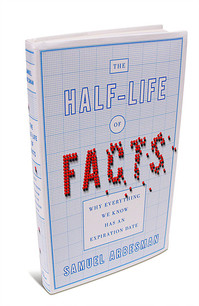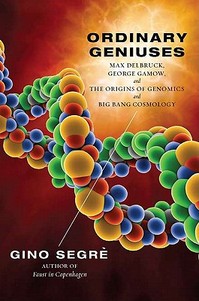(p. 85) What does concern me about my discipline, . . . , is that its current core–by which I mainly mean the so-called dynamic stochastic general equilibrium approach–has become so mesmerized with its own internal logic that it has begun to confuse the precision it has achieved about its own world with the precision that it has about the real one. This is dangerous for both methodological and policy reasons. On the methodology front, macroeconomic research has been in “fine-tuning” mode within the local-maximum of the dynamic stochastic general equilibrium world, when we should be in “broad-exploration” mode. We are too far (p. 86) from absolute truth to be so specialized and to make the kind of confident quantitative claims that often emerge from the core. On the policy front, this confused precision creates the illusion that a minor adjustment in the standard policy framework will prevent future crises, and by doing so it leaves us overly exposed to the new and unexpected.
. . .
(p. 100) Going back to our macroeconomic models, we need to spend much more effort in understanding the topology of interactions in real economies. The financial sector and its recent struggles have made this need vividly clear, but this issue is certainly not exclusive to this sector.
The challenges are big, but macroeconomists can no longer continue playing internal games. The alternative of leaving all the important stuff to the “policy”-types (p. 101) and informal commentators cannot be the right approach. I do not have the answer. But I suspect that whatever the solution ultimately is, we will accelerate our convergence to it, and reduce the damage we do along the transition, if we focus on reducing the extent of our pretense-of-knowledge syndrome.
Source:
Caballero, Ricardo J. “Macroeconomics after the Crisis: Time to Deal with the Pretense-of-Knowledge Syndrome.” Journal of Economic Perspectives 24, no. 4 (Fall 2010): 85-102.
(Note: ellipses added.)


